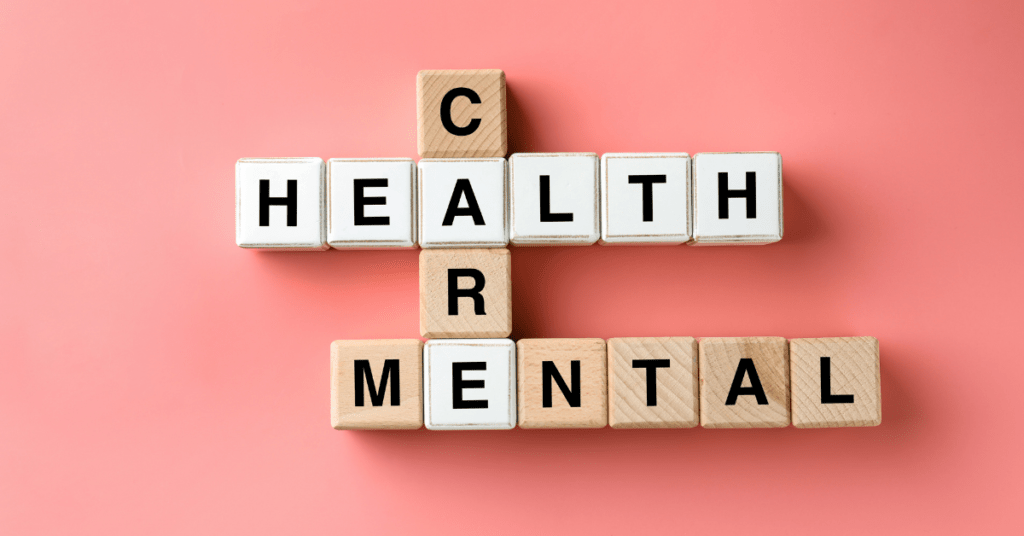Contents
- 1 What Is Mental Health?
- 2 What Is Mental Illness?
- 3 Types of Mental Health Disorders
- 4 Symptoms of Mental Health Disorder
- 5 Common Causes of Mental Health Disorders
- 6 How Is Mental Health Disorder Diagnosed?
- 7 Treatment of Mental Health Disorder
- 8 How Family Members Can Help Someone With Mental Health Disorder?
- 9 How To Maintain Healthy Mind?
- 10 Relationship Between Mental Health And Physical Illness
- 11 Conclusion
What Is Mental Health?
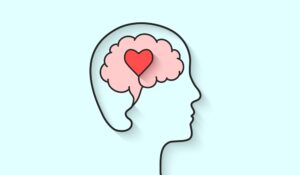
Mental Health is an overall sense of well-being. It is when someone feels good about themselves and does not feel overwhelmed or unable to cope. It’s important for everyone to have good mental health. This is because it allows people to be productive in their lives, both at home and at work. Everyone can benefit from being mentally healthy by having the ability to do the things that are necessary for daily life.
Good Mental Health will help you maintain a positive attitude toward yourself and your future goals. This is while enabling you to deal with problems. It is rather than to avoid them. A person who has good mental health also tends not only to accept themselves but also accept others around them as they are too. The bad news about poor mental health is that it affects one’s physical body as well. Uncontrolled stress can lead to a variety of physical ailments, such as ulcers and asthma.
What Is Mental Illness?
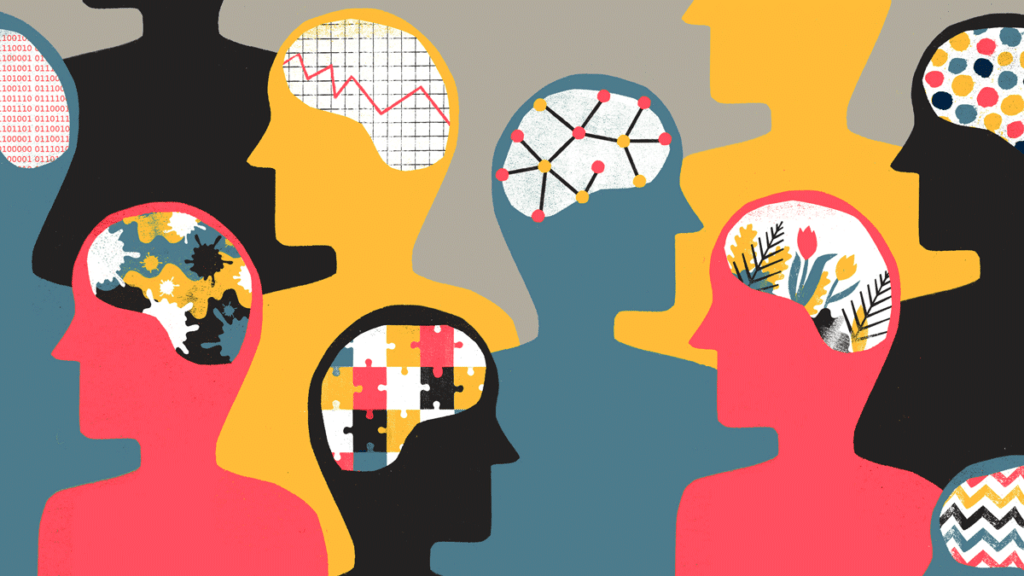
Mental illness is a term that refers to mental health conditions, such as schizophrenia and obsessive-compulsive disorder. Mental illnesses are some of the most common issues for people who seek treatment everywhere today. The best way to deal with these types of problems is through therapy or medication. It’s important not only to understand what they are but also how you can get help if you have an issue. There are many different ways for someone to treat their condition depending on what kind of symptoms they experience. These can be whether it will be by the use of drugs like antidepressants or other medications. It can be seeing therapists and doing things like art projects like painting, writing, etc. Others are exercising more often; reducing stress factors whenever possible. Some of these are like lessening workload when needed.
Very often, mental illnesses are chronic and can get worse if left untreated. Mental illness can be a burden to society and the person suffering from it. It also affects the people around them by causing problems. These can be like family breakdowns or losing their jobs. Sometimes, people with mental illness need hospitalization in order to get treatment and recover from the illness.
Types of Mental Health Disorders
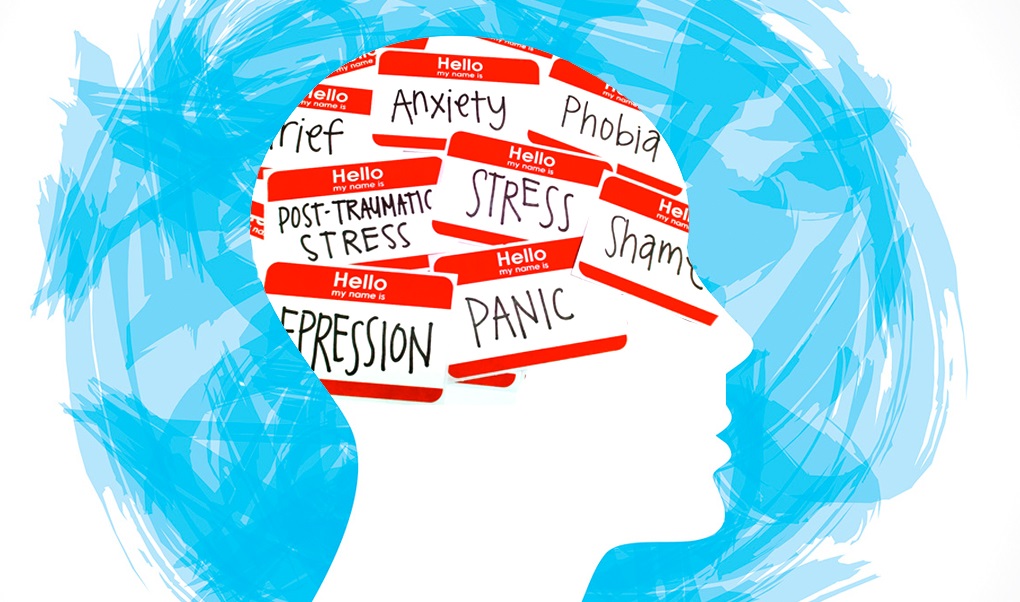
The different mental health disorders include those that affect an individual’s mood. These are such as depression or bipolar disorder. Disorders like these can vary in terms of severity and symptoms. This is why it’s important to consult a doctor for a proper diagnosis. There are many factors involved when diagnosing them (like any other disease).
Some of these are:
Depression

Depression is a mental health condition that affects how you feel and think about yourself, your body, others, etc. This often makes it hard to do daily activities. In this case, it’s important to realize that depression is not something someone can just “snap out of.”
Anxiety Disorders
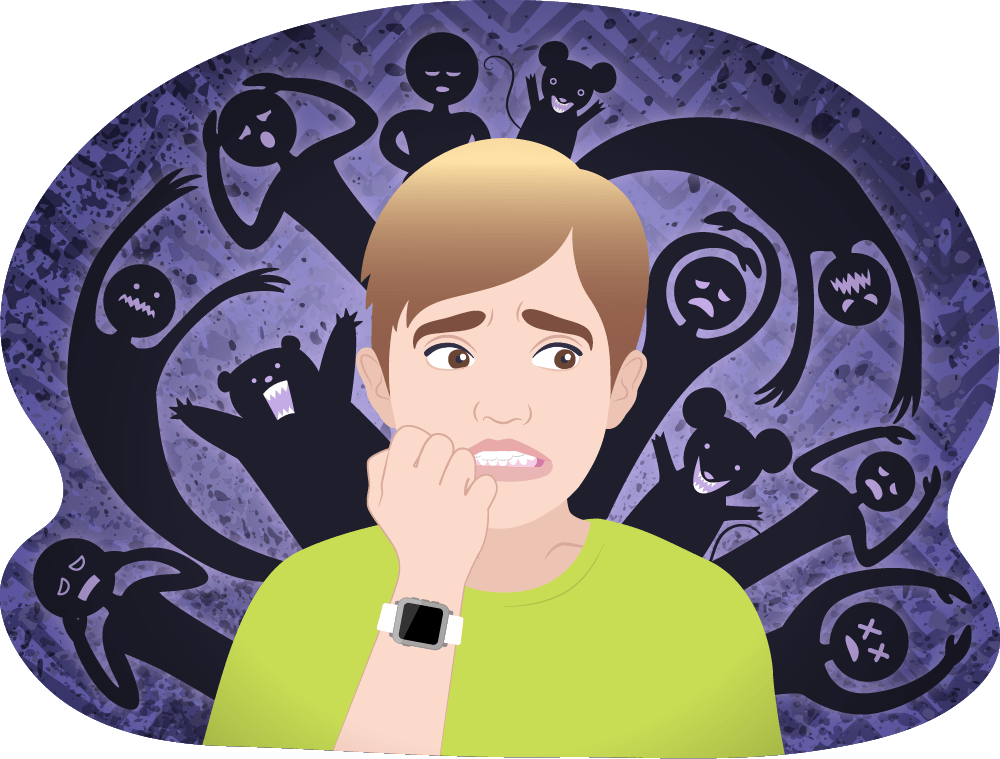
There are many different types of anxiety disorders. These all have different levels of stress and worry when it comes to everyday life. Many people deal with normal feelings like worrying about the future or feeling stressed over certain things. Sometimes these can get out of hand (like not being able to sleep or concentrating in school/work). Anxiety is also often coupled with other mental health conditions such as depression.
Bipolar Disorder

Bipolar disorder is also known as manic-depressive illness. This is because of the drastic changes people who have this deal with in terms of their moods. These are such as going from feeling very sad or empty for long periods of time then suddenly becoming extremely happy. It’s important for someone dealing with these conditions not only to seek treatment but also to find support groups. This is where they can meet other bipolar individuals so they don’t feel alone. There are many places available around the world today if needed.
Schizophrenia

This is a serious mental illness that affects the way you think, feel, and act. People with schizophrenia can often have trouble distinguishing between what’s real/not real in their surroundings. This makes it difficult for them to deal with certain issues or lead a normal life. It is without needing help from others when necessary (especially if they are not taking medications).
Obsessive-Compulsive Disorder

This is a condition where people experience unwanted thoughts. It is along with urges to repeat particular activities over again even though these things may be irrational. It usually leads individuals to engage in behaviors like constantly washing hands. This is because of fears about germs. This mental health issue can cause serious problems if left untreated. This is since it takes time away from other more important things. These are such as work or family members while also leading someone down an unhealthy path of obsessing over certain things.
Persistent Depressive Disorder
This is a form of depression that has lasted for at least two years. This doesn’t have periods where the person feels better/normal in between. In addition, people with this disorder often deal with symptoms like changes in sleep patterns, loss of interest or pleasure from activities they once enjoyed before becoming depressed. Some others are being irritable or angry all the time. These are rather than just feeling down about certain things, etc.
Bipolar II Disorder
People who suffer from bipolar II disorder experience extreme mood swings. They are unlike those who have full-blown manic depressive episodes (or bipolar I), Their highs are not as high while their lows are also less severe. This makes it harder to notice any issues until these problems worsen over time. It is unless someone gets help early on when they start to notice certain changes.
Mixed-Receptive Aphasia
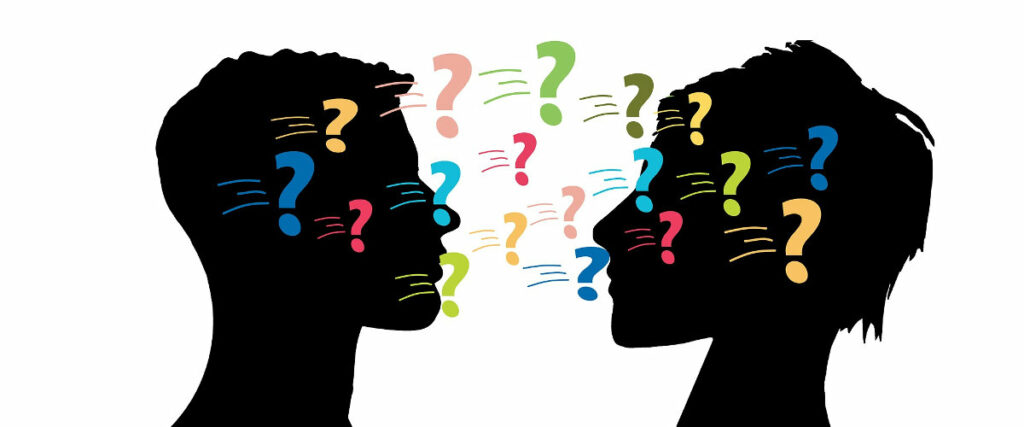
This is a condition where those who have it can speak but often say the wrong words or mix up their speech. This makes it difficult to understand by others even if they know what they’re trying to communicate at times. An example is calling someone something that sounds similar like “you look nice today!” instead of simply saying you look good. So, this makes everyday tasks much harder for individuals with MRA. It also means it could be more difficult for friends/family members around them. It is since there may be misunderstandings between them. These may lead to arguments or other issues. It is because of how hard communicating can become without proper treatment.
Sensory Integration Disorder
People diagnosed with this condition have trouble processing sensory information. They may respond to certain things in their environment (such as noises, physical touch/sensations, etc.) with behaviors that seem out of place for the situation. This means they might be extremely sensitive to loud sounds yet not feel any pain when bumping into something. They could become distressed by normal clothing tags but don’t mind having an item tightly wrapped around them such as a sweater.
Post Traumatic Stress Disorder
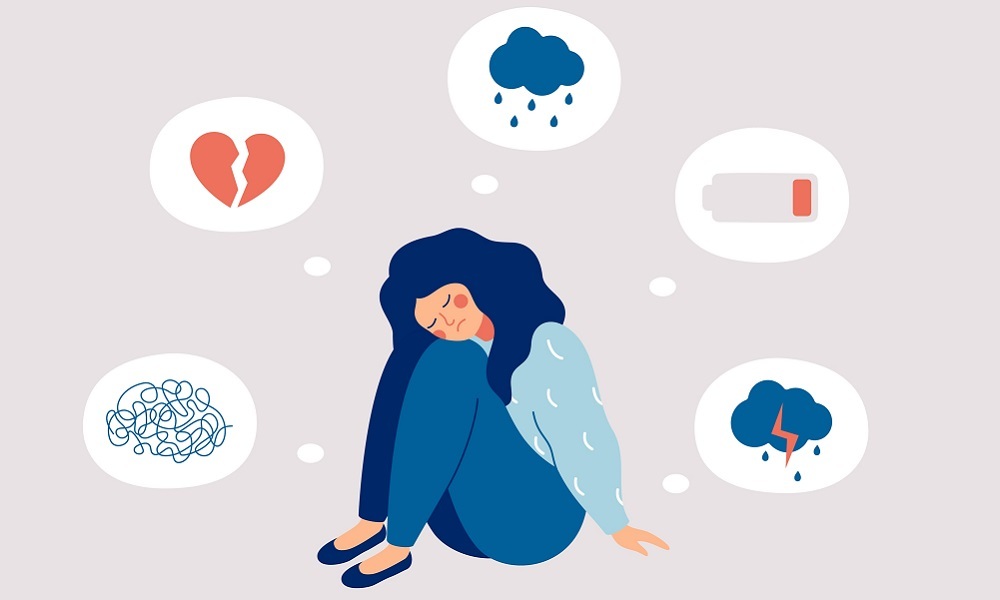
There are many symptoms of PTSD, which include constant flashbacks to the event that caused certain trauma. These can be a car accident or war avoidance of places/people who remind them of what happened. It can be anxiety about everyday situations for no apparent reason at times, etc. It’s important people with this condition seek professional help. This is because these issues can have a negative impact on their lives if left untreated over time.
Borderline Personality Disorder
This is a mental health disorder where individuals often experience extreme emotions and feel empty inside. This can lead them to engage in erratic behaviors such as self-harm or drug abuse at times. These are if they are not able to control themselves when they are upset. It is even though they may want “nothing more than just feeling normal” one day so being patient with them is important.
Symptoms of Mental Health Disorder
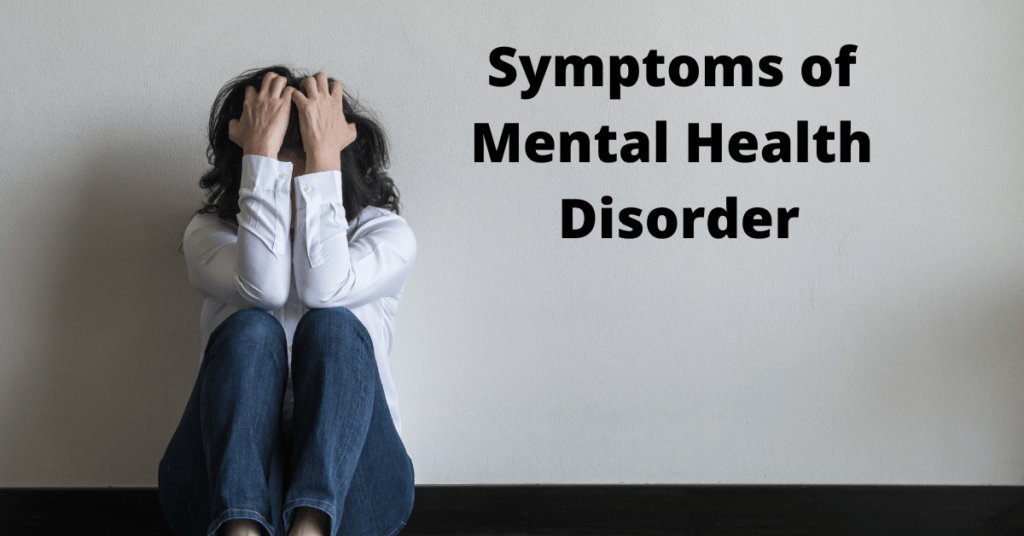
It’s important to keep in mind that people who suffer from mental illness will often have certain symptoms they are dealing with. These are some of the common mental health disorders that tend to have symptoms that may seem similar in certain ways.
- Insomnia or hypersomnia
- Feeling agitated or slowed down
- Feelings of guilt, worthlessness, helplessness
- Loss of interest in activities once enjoyed
- Decreased energy
- Social isolation
- Thoughts of death or suicide
- Increased irritability and anger
- Frequent absences from work or school (or sometimes both)
- Difficulty concentrating
- Inability to make decisions
- Loss of appetite and weight loss or overeating leading to weight gain
- Headaches, stomachaches, other unexplained aches, and pains.
Common Causes of Mental Health Disorders
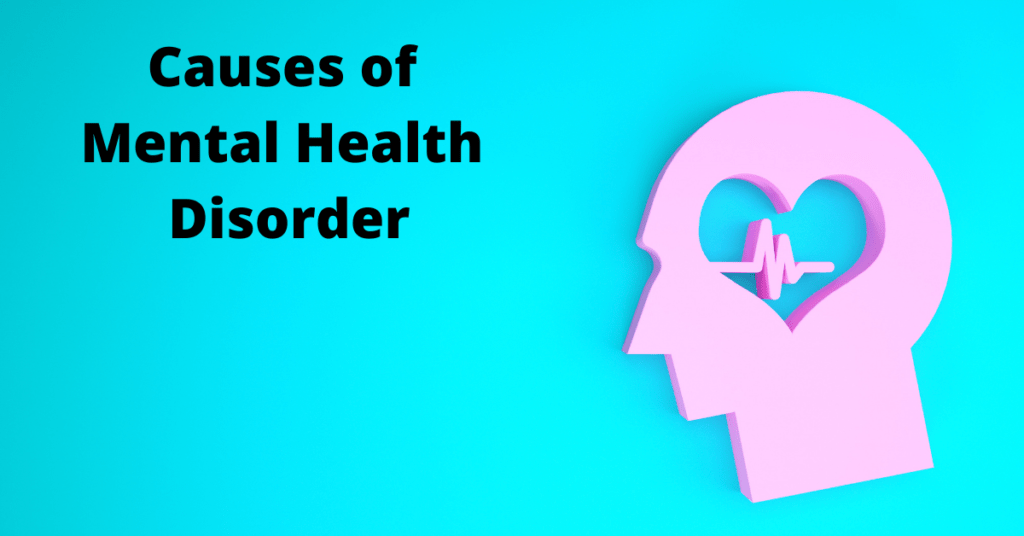
Some of the most common causes for mental health disorders are genetic, environmental, learned behaviors/habits (such as self-medicating), and developmental issues.
Genetics
There is some evidence that suggests mental illness can be hereditary. This means if certain conditions run in your family it may not just be a coincidence since there could be something to it at times. This does not mean you or anyone else will definitely inherit these types of problems. Research shows this could happen with proper treatment depending on what’s causing someone’s symptoms. Meeting with a doctor who specializes in Mental Health is important. This is when you are trying to understand how things work given your own situation.
Environmental Causes
Sometimes people develop depression due to changes in their environment. These are such as if they lose a job or go through some type of tragedy. Sometimes events are simply too much for them to process at once and coping mechanisms they have used in the past no longer work. It’s essential people know what they can do to make things better when this happens without turning to harmful behaviors.
Developmental Issues
Some people may not have developed certain coping mechanisms at a young age. This can make it difficult for them to handle things when they get older if this is an issue. This does not mean someone with issues like these cannot be successful. You should never judge anyone who has struggled with mental health problems in their life. It is since everyone is different (including you) and there could be more going on than meets the eye.
How Is Mental Health Disorder Diagnosed?
It’s important to know how mental health disorders are diagnosed so you can better understand your own situation at times. There is no single test that doctors use when trying to figure out what could be causing someone distress. There are certain guidelines they follow depending on the issue(s) in question with each one being just as valid as another. This is because everyone has different needs and limitations based on their illness/disorder.
Treatment of Mental Health Disorder
It’s important to know how mental health disorders are treated. This is so that you can better understand what is going on with someone at times. There are many different forms of treatment. It depends on the particular issue(s) in question. These aren’t limited to medication, therapy (in-person and online), support groups, diet/nutrition changes, etc. It depends on their symptoms and overall needs. Doctors also take into consideration any allergies they may have. These allergies could make certain things too difficult for them down the line. It can be because they are not dealt with properly from the start.
Medications

It’s important to know what medications are used for mental health disorders. It is you can better understand someone’s situation at times. There are many different types of medication that help with a variety of symptoms including mood, anxiety, sleep problems/insomnia, etc. These all depend on their specific needs and how much they can handle given certain limitations.
Therapies

It’s important to know the therapies that may be used for mental health disorder treatment. It is because this will give you an idea as to what type(s) of therapy is being used. Each one has its own benefits depending on each person involved but some common forms include:
Cognitive-Behavioral Therapy (CBT)
In cognitive behavioral therapy, people learn to identify their thoughts and feelings related to their symptoms. It is as well as develop coping mechanisms that work for them.
Dialectical Behavior Therapy (DBT)
This form of therapy is beneficial because it helps teach skills. These are such as mindfulness which can help someone better cope with stress.
Acceptance commitment therapy (ACT)
ACT teaches people how to remain present in each moment without judgment. It is so they can “be” instead of trying to control situations/feelings etc.
Psychoanalytic Psychotherapy
The goal here is to help people better understand how their early childhood experiences may be affecting them in the present.
Family Therapy
This form of treatment allows families to learn more about mental health disorders. It is how they can support each other throughout any challenges that arise down the line. These can also include children who are affected by a family member’s diagnosis(s).
Exposure-Response Prevention
This involves exposing yourself gradually over time to the things you fear most. It is also learning how not to respond in unhealthy ways when these fears appear during said exposure sessions. This will allow your brain re-wire itself accordingly. It is because it’s through practice that these changes have a better chance to take hold.
The best way to find out what therapies are being used is by asking the doctor/therapist themselves. They will be able to give you an honest answer based on their opinion(s). It can also be because they have years of experience in this field. If something seems off, then it’s always best not to follow through with them. It can be instead you look for someone else that might work better for your specific needs.
How Family Members Can Help Someone With Mental Health Disorder?
It’s important for family members to know what they can do when someone has been diagnosed with a mental health disorder. It is because there will always be situations where you need additional resources beyond your own knowledge/ability, etc. These all depend on their specific needs as well as limitations set forth based on said diagnosis(s). Here are some tips family members can use when helping someone who is suffering from a mental health disorder:
- Stay positive
- Limit exposure to triggers (if possible)
- Remain patient in difficult situations – give them time or space if needed.
- Provide support for therapy sessions/treatment(s) they are using.
Remember that you’re not their therapist so don’t take on additional stressors besides your own at times, etc. This all depends on the situation. It’s important to look out for yourself too since no one knows what you may be going through better than yourself. There are some given limitations involved in each specific case. These are including but are not limited to any allergies/illnesses related to said diagnosis(s). Routine blood work for such allergies/illnesses helps to determine what kind of diet changes, etc. It all depends on their specific needs as well as limitations set forth based on the said diagnosis.
How To Maintain Healthy Mind?

Many people do not know how to maintain a healthy mind. This is because they either do not have access to information or lack knowledge about maintaining health. There are many things you can do to help your mental health remain strong. It can be even if you have depression, anxiety, stress, or other disturbances in your life.”
1) Eat Right
Make sure you’re eating a balanced diet. It includes fruits, vegetables, whole grains, healthy fats (like avocados and nuts), lean protein (such as fish or chicken), and low-fat dairy.
2) Sleep Right
Try to get seven to nine hours of sleep every night.
3) Exercise
This can be a “quick fix” for depression, anxiety, and many other mental health conditions. It’s a great way to boost your mood and feel better about yourself overall.
4) Keep Track of Your Feelings
Keep track of how you feel physically, emotionally, mentally, and your overall well-being. Your feelings change from day to day, so it’s important to keep an eye on yourself and your mental health.
5) Check-In With Doctor
It’s always a good idea to check in with a medical professional if you’re going through something difficult. A doctor can help you get the treatment you need to recover from mental disorders.
Relationship Between Mental Health And Physical Illness
The relationship between mental health and physical illness is a close one.
For instance, there was a study done that showed people with poor mental health were more likely to have heart problems. It is in comparison to those who did not face these issues. In addition, studies show that stress can cause stomach ulcers in some cases. This could lead to cancer if there is no treatment with time. It can be due to the body’s exposure to high levels of cortisol for extended periods of time. These are without taking proper precautions or medication like antacids/antidepressants while having other conditions. These conditions such as diabetes or anemia (which may be exacerbated by certain medications). It only makes sense since our bodies work together so closely rather than separately when it comes down to things like this – your mind affects your body just as much as your physical state can affect how you are mental.
Conclusion
People with mental health issues have a hard time managing their thoughts and emotions. It’s important for them to know that they are not alone, there is help available, and people care about them. Treatment options for Mental Illness are medication or therapy. Support from family members and friends also helps in the recovery process. This is because it reduces stress levels when someone has emotional support around them during difficult times.
If you are looking for affordable Online Counseling MantraCare can help: Book a trial therapy session
